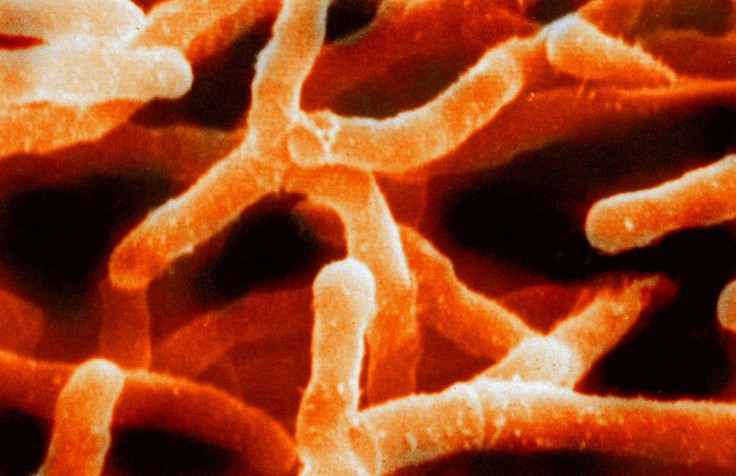The Earth may be home to one trillion species - mostly bacteria

Humans may share the planet with one trillion species, scientists say. Among these, 99.999 % remain undiscovered.
The study, published by in the Proceedings of the National Academy of Sciences (PNAS), is based on an intersection and analysis of microbial, plant and animal community datasets – the largest compilation of species data of this kind ever created so far.
Estimating the exact number of species on Earth is one of the great challenges in biology, and here, the scientists try to put in practice new technologies to get a more precise idea of the number of microbial species in existence. These forms of life, which include bacteria, are too small to be seen with the naked eye but could account for most the undiscovered species.
"Until recently, we've lacked the tools to truly estimate the number of microbial species in the natural environment," lead author Jay T Lennon says. "The advent of new genetic sequencing technology provides an unprecedented large pool of new information."
20 orders of magnitude greater
The scientists, from Indiana University, combined 20,376 sampling efforts and genetic sequencing of bacteria, archaea and microscopic fungi, as well as 14,862 sampling efforts on communities of trees, birds and mammals.
Their analysis of the data reveals that samples contain much more species than previously thought, and that the number of species in a sample scales with the area of a landscape. The researchers document this universal scaling law in their study and say it predicts that about a trillion species could inhabit the Earth.
"Older estimates were based on efforts that dramatically under-sampled the diversity of micro-organisms," Lennon points out. "Before high-throughput sequencing, scientists would characterize diversity based on 100 individuals, when we know that a gram of soil contains up to a billion organisms, and the total number on Earth is over 20 orders of magnitude greater."
The scientists also point out that so far, only one-thousandth of 1% of these species has been identified, and hope their work can lead to future discoveries.
© Copyright IBTimes 2025. All rights reserved.






















